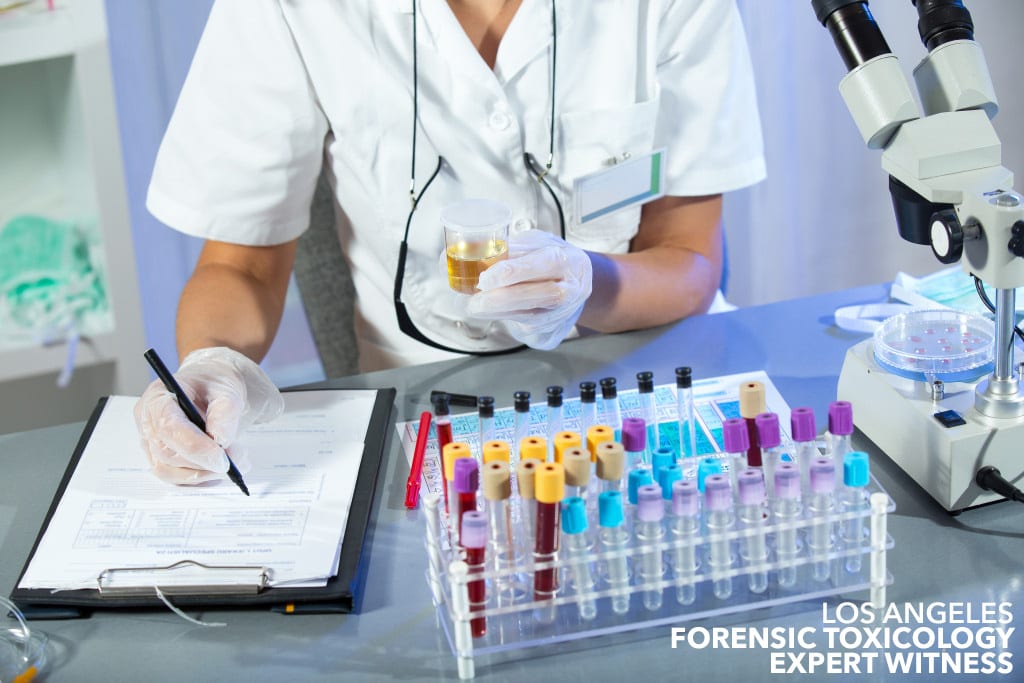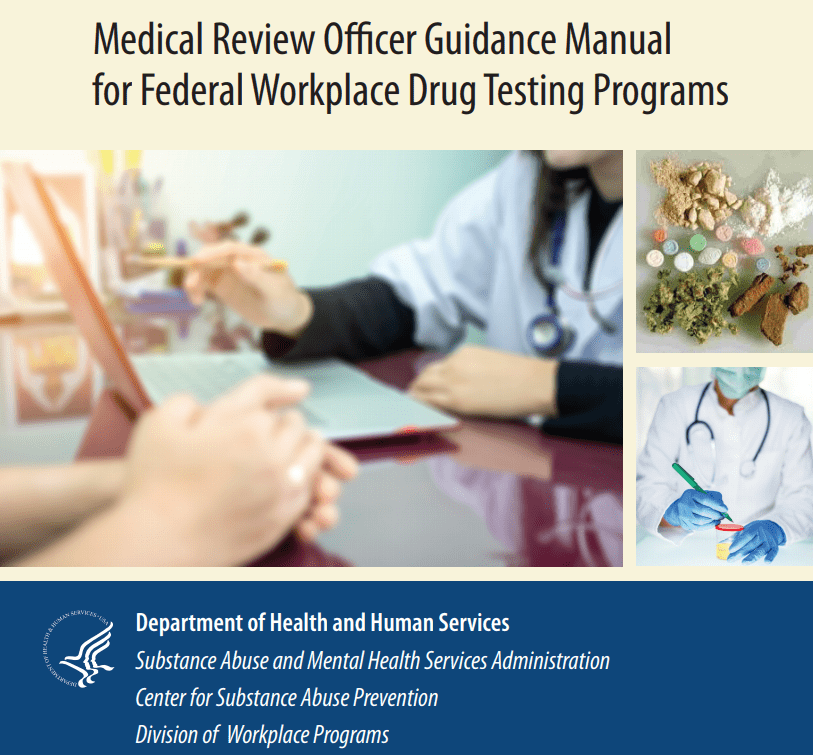The Best Defense For False Positive Drug Test & Positive Drug Test.
In today’s society, the requirement to undergo a drug test can arise for various reasons. Whether it’s for employment purposes, participation in sports, or other circumstances, drug tests have become a common practice. For individuals who have never experimented with illegal substances, the idea of a drug test may initially appear insignificant—until an unexpected false positive result upends everything. Suddenly, questions arise as you turn to friends and search engines in a frantic attempt to learn how to dispute a false positive drug test result. A false positive occurs when a drug screening indicates the presence of a substance that an individual has not consumed. Surprisingly, certain foods, medications, or other innocuous substances can trigger these misleading outcomes. While drug tests are designed to detect drugs or illegal substances within a person’s system, they are not foolproof and can sometimes yield false positives. Understanding the concept of false positives and learning how to avoid this predicament becomes crucial for anyone anticipating a drug test. Although urine drug screens are the most prevalent form of testing, other bodily fluids may also be analyzed. Consequently, numerous commonly used substances possess the potential to trigger false-positive results. If you are
Exploring the Types of Drug Tests
Within the realm of drug testing, several prominent approaches have emerged, each tailored to target specific substances and offer varying detection windows. We will explore the following types of drug tests:
- Urine Drug Tests: The most common and widely used method, urine tests can detect various substances and provide insights into recent drug use.
- Saliva Drug Tests: Offering a non-invasive and convenient alternative, saliva tests are gaining popularity for their ability to detect recent drug use and impairment.
- Hair Drug Tests: Hair analysis provides a long-term perspective, enabling the detection of drug use over an extended period, making it useful in certain scenarios.
- Blood Drug Tests: Blood screenings offer precise and immediate results, making them valuable in situations requiring accurate and current information on drug presence.
Each of these tests presents unique advantages and considerations, making them suitable for specific purposes and settings. Understanding their mechanisms, detection capabilities, and limitations empowers individuals and organizations to make informed decisions regarding drug testing protocols.

Substances Detected in Drug Tests
Drug screens are designed to detect a range of illicit substances, including
- Alcohol
- Amphetamines
- Barbiturates
- Benzodiazepines
- Cocaine
- Recreational or Medical Marijuana (THC)
- Opioids and opiates
- Phencyclidine (PCP)
- Steroids
Different Types of Drug Tests
In a world where drug use and its consequences are of growing concern, the need for effective drug testing methods has become increasingly vital. Drug tests come in various forms, each with its unique advantages and applications. Understanding the different types of drug tests is essential for individuals, employers, and organizations striving to maintain a drug-free environment and ensure public safety.
Immunoassay Tests: Widely Used and Effective
One of the most common types of drug tests is the immunoassay test, which utilizes antibodies to identify the presence of harmful or illicit substances in urine samples. This method is highly effective and widely employed.
Gas Chromatography: Separating and Analyzing Compounds
Gas chromatography is another frequently used technique for drug testing. It involves the separation and analysis of compounds, particularly when examining bodily fluids for the presence of specific substances.
Mass Spectrometry: Precise Analysis of Molecular Mass
Mass spectrometry (MS) is an advanced testing method used to measure the precise molecular mass of ions. Although primarily employed in forensic drug analysis, it provides accurate and detailed results.
High-Performance Liquid Chromatography: Identifying Substances
High-performance liquid chromatography (HPLC) is a specialized drug testing approach. It enables the separation, identification, and quantification of individual components within a mixture, facilitating the detection of illicit substances in test samples.
Understanding the various types of drug tests and the substances they detect is essential for individuals facing the possibility of undergoing such screenings. By comprehending the methodologies involved, one can better navigate the intricacies of drug testing protocols and make informed decisions regarding their own well-being.
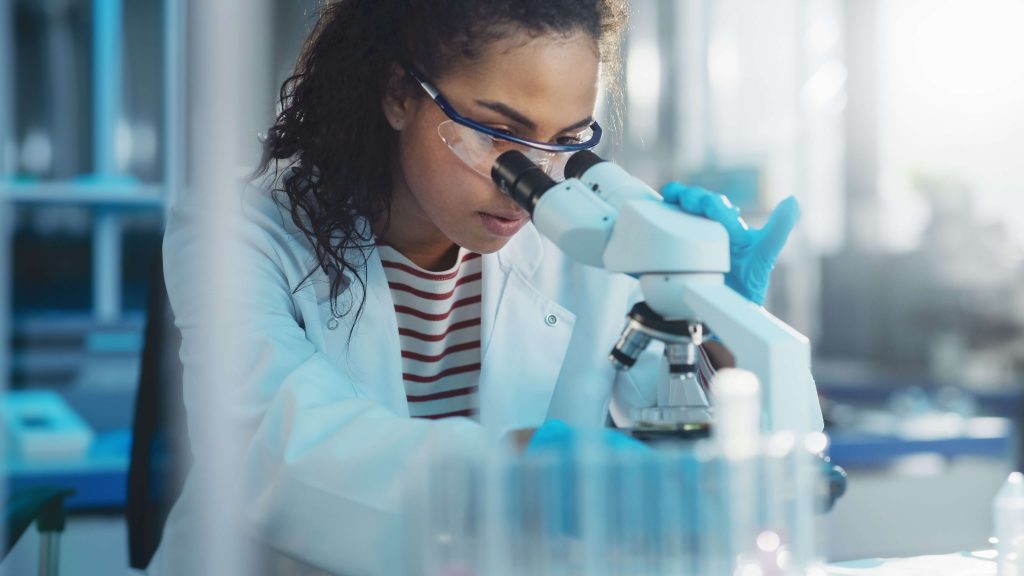
What Is the Best Defense for a Positive Drug Test?
If you receive a positive drug test result and believe it may be valid, your strongest defense is to immediately request a more precise confirmatory analysis—such as Gas Chromatography–Mass Spectrometry (GC-MS) or High-Performance Liquid Chromatography (HPLC)—which can definitively identify specific drug metabolites.
These advanced techniques are far more accurate than initial immunoassay screens and can distinguish between drugs that share similar chemical structures. Additionally, be prepared to disclose any legally prescribed medications or over-the-counter supplements that could explain the result. If the confirmatory test still returns positive, presenting a valid prescription, medical records, or a doctor’s note demonstrating legitimate use can often mitigate disciplinary action.
Finally, consulting a Medical Review Officer (MRO) can provide an expert evaluation: MROs review laboratory data alongside your medical history to determine whether a positive result reflects intentional drug use or is attributable to an approved prescription.
What Is the Best Defense for a False Positive Drug Test?
In the event of a suspected false positive, it’s crucial to inform your employer, coach, or testing administrator of any medications, vitamins, or supplements you’ve taken that could interfere with the assay—especially substances known to trigger cross-reactivity (e.g., certain antibiotics, nonsteroidal anti-inflammatory drugs, or herbal remedies).
If you were unable to disclose these beforehand but are confident you haven’t used illicit substances, you should immediately dispute the result and request a retest using a more advanced analytical method like GC-MS or HPLC. These confirmatory tests separate and identify individual compounds, eliminating interference from non-target substances. By proactively sharing information about potential confounders and insisting on a confirmatory analysis, you significantly increase the likelihood of overturning a false-positive finding and protecting your reputation.
What Substances Are Likely to Cause False Positive Test Results?
Have you been asked to provide a biological sample for drug screening? A positive drug test can have some undesirable repercussions. It can ruin your reputation, bar you from sports, or get you fired or suspended. It also necessitates a rehabilitation plan to ensure you can cope with the urge to use illicit substances.
While a positive drug test indicates the presence of some form of an illicit drug in the body, simple tests such as an immunoassay test (IA) often do not suffice to show one’s sobriety or lack thereof. It is possible to possess metabolic forms of illicit drugs in your system without actually taking illegal medication. When you are screened using the IA test, your results are likely to come back positive even though you have not abused the drug being tested.
These results are commonly known as false positives. They show that the body has some form of the illicit drug, even if it was obtained in other ways and not by abusing the drug being tested. A test such as the IA test is less accurate than gas chromatography-mass spectrometry (GC-SM); hence, it is more likely to bring back a false positive.
Many items, including everyday products such as poppy seeds and ibuprofen, can cause a false positive. We may ingest these substances for medical purposes or as ingredients in our everyday foodstuffs. However, the body breaks them down and may present them as metabolic forms of illegal substances in simple tests. One requires complex and, often, expensive tests such as GC-SM or high-performance liquid chromatography to accurately establish if the metabolic forms were introduced into the body from illegal substances. Here are ten everyday products that may cause a false positive.
Substances Are Likely to Cause False Positive Test Results: Food
Can you imagine your desire to satisfy your need to eat is the reason why you get a positive drug test? Well, it sounds crazy, but food can be a source of a false positive during a drug test. Your drug test can come back as a false positive for alcohol once you consume a lot of food that is rich in yeast. During the metabolism of yeast, ethanol is formed as a by-product. Once you are subjected to a breathalyzer after you have consumed food rich in yeast, the ethanol that forms during metabolism can bring back a false positive for alcohol. As such, food such as bread, ripe fruits, and pizza ought to be avoided when you are subjected to a drug screening in a few hours. Granola bars can also lead to a false positive. Granola bars have hemp seeds as one of their ingredients. The hemp seeds can bring a false positive when testing for cannabis or THC.
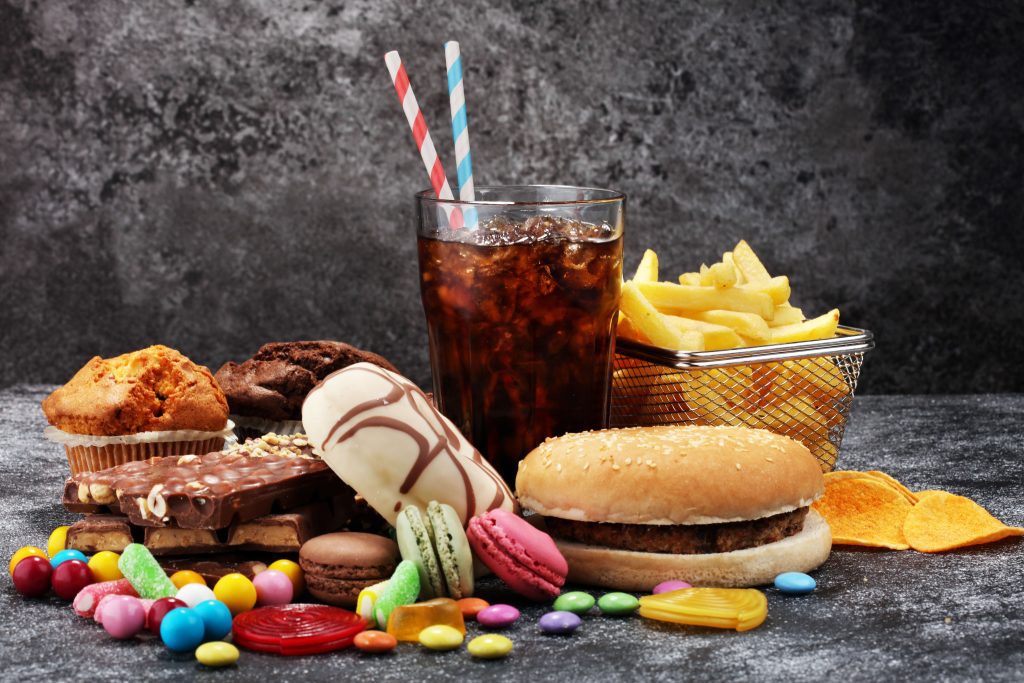
Substances Are Likely to Cause False Positive Test Results: Sudafed/Pseudoephedrine
A harmless substance used to treat sinusitis, nasal congestion, and allergies resulting in breathing difficulties, Sudafed can lead to a false positive during the screening of drugs. Manufacturers use manufactured amphetamines to make Sudafed; hence, when broken down in the body, it can lead to traces of methamphetamines or amphetamines being detected in your blood. These compounds are detectable during drug screening for up to two days after consumption.
Substances Are Likely to Cause False Positive Test Results: Ibuprofen
Can you believe that curing pain with ibuprofen can lead to a false positive? Doctors or physicians routinely prescribe ibuprofen to cure sickness or inflammation in the body. It is a member of the non-steroidal anti-inflammatory class of drugs.
Once ingested, it takes around three hours for ibuprofen to lead to a false positive of cannabis, barbiturates, and PCP in your urine. The wrong positive shows for people whose consumption falls within the range of 800 to 1200 milligrams per day. These users of the drug can have a false positive for marijuana use in the IA test. Subsequent confirmatory tests such as high-performance liquid chromatography and GC-SM tests are required to ascertain whether the first positive result is genuine or a false positive.
Substances Are Likely to Cause False Positive Test Results: Antiretroviral Drugs
These are common drugs that have efavirenz. This component presents itself as an illicit substance during screening. Efavirenz can easily be mistaken for the presence of benzodiazepine and marijuana in the blood. Even when using ARVs, one can easily pass for an illegal drug user. Secondary confirmatory testing is necessary to ascertain if one is abusing drugs or not.
Substances Are Likely to Cause False Positive Test Results: Sertraline
When you seek employment, your potential employer may subject you to a mandatory drug test as a condition for work. Once the results are back, a positive test result will likely ensure your potential employer passes up the chance of hiring you. However, you must notify your employer if you are using sertraline before the drug test. This notification is essential as it will not jeopardize your credibility as you make your case after a false positive.
Sertraline is an antidepressant and the leading source of false positives. During drug screening, the body breaks down sertraline to form traces of benzodiazepine. A majority of antidepressants, such as sertraline, have similar chemical structures to amphetamines and benzodiazepines. When broken down in the body, it results in the same end products formed after benzodiazepine is broken down; hence, the false positive.
Substances Are Likely to Cause False Positive Test Results: Poppy Seeds
Poppy seeds are everyday harmless substances we use for several reasons. It may be an ingredient in making porridge and cake. We also use it as a treatment for constipation, diarrhea, sleeping difficulty, and cough. However, using poppy seeds a day or two before a drug test can lead to a false positive. Poppy seeds contain traces of morphine and codeine in their natural state. A false positive can be brought about by poppy seeds when you are being screened for the use of morphine or codeine.
Can you imagine an innocent bite off that cookie you made causing you trouble at work? Consuming cookies made from poppy seeds can result in a false positive. The breakdown of the wafer can result in a false positive for up to two days from the ingestion of the cookie.
In light of poppy seeds resulting in false positives, the DHHS raised the cut-off point of opiates to 1999 ng/ml. This increase was necessary to distinguish people abusing codeine and morphine from innocent people who enjoyed foodstuffs made with poppy seeds and those who used them for medicinal purposes.
Substances Are Likely to Cause False Positive Test Results: Prednisone
Prednisone belongs to a broad category of substances called glucocorticoids and is used in the treatment of inflammation that is caused by rheumatoid or asthma conditions. People also use it to remedy high calcium levels that may be caused by insufficient production by the adrenal gland or cancer and for suppression of one’s immune system. This alternative use of prednisone can alter your drug test to bring back a false positive.
False positives can be gotten if prednisone is used up to a day before the drug test. Prednisone brings back a false positive for steroids since it is a steroid itself. Further experiments are necessary to distinguish false positives that are occasioned by a false positive due to the use of prednisone before the drug test.
Proton pump inhibitors (PPIs) (omeprazole, esomeprazole, pantoprazole) are widely prescribed for the treatment of gastroesophageal reflux disease (GERD) and heartburn symptoms. Taking PPIs daily can result in a false-positive test.
Substances Are Likely to Cause False Positive Test Results: Passive Weed Smoking
Nearly everyone has come across people indulging in some marijuana in their life. The distinguishing difference for many people is that some come across them regularly while others rarely. These marijuana users can be your friends, neighbors, family, or just strangers. However, your interaction with such people can lead to a false positive.
A false positive happens if testing for marijuana is done a day after exposure. Additionally, there is a high likelihood of a false positive if the person being screened is confined in a similar room as smokers smoke. You inhale after smokers exhale, which can lead to traces of marijuana being present in your body. Cold Medication
Whenever we have a cold, we often rush to the drugstore to grab some over-the-counter drugs. However, little do we know that these OTC drugs may present a false positive during a drug test.
Common cold medications may present a false positive when screening for amphetamines. These cold medications contain brompheniramine, which yields similar by-products to methamphetamines when they are metabolized in the body. Cold medications like the Vicks inhaler, which treats nasal congestion from the flu, contain levomethamphetamine that, when tested, shows a similar structure to methamphetamine. This structure leads to a false positive even though one has not actively ingested methamphetamines.
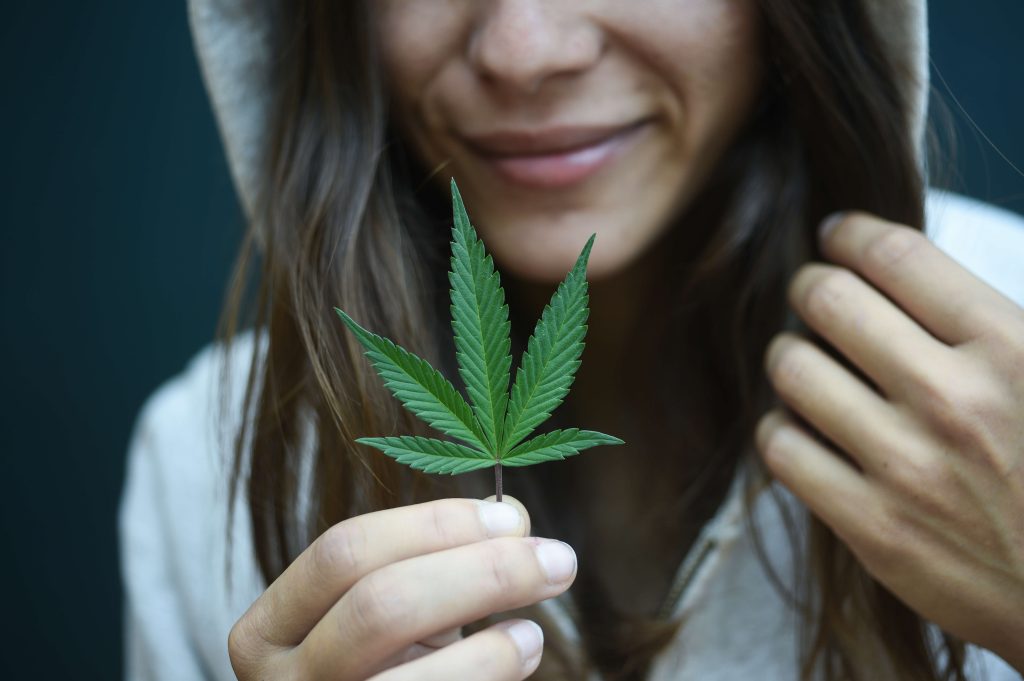
Substances Are Likely to Cause False Positive Test Results: Baby Soap
It is no secret that mothers have to wash their infant babies often during the day. While cleaning them, mothers use solvents such as Aveeno Soothing Relief Creamy Wash and CVS Night-time Baby Bath. When babies who use these solvents are tested for marijuana use, their samples are likely to bring back a false positive even though neither the baby nor the mother has come into contact with marijuana. This false positive occurs due to the use of these solvents. The use of marijuana during pregnancy can lead to babies being born with congenital anomalies; hence, when this anomaly shows, babies are likely to be screened for traces of marijuana in their system.
It is not clear how traces of marijuana end up in the infants’ system. Some health professionals think that the chemical structure of some solvent components causes a marijuana-like substance in their system. They claim that some ingredients have a similar chemical structure to THC, which is an active ingredient in marijuana. Exactly how the soap contents make their way to the infant’s body system is still a mystery.
Medical Review Officer Guidance Manual for Federal Workplace Drug Testing Programs prepared by SAMHSA– DOWNLOAD PDF
What if the confirmatory test comes back positive?
If the confirmatory advanced drug tests come back positive and you are sure it is a false positive, it may be prudent to seek legal counsel. Consulting with an attorney can provide valuable guidance and assistance in navigating the complexities of disputing a positive drug test result.
However, if you find yourself unsure whether the positive result is indeed a false positive, there is still hope for reclaiming your clean life. Consider seeking a consultation at a reputable substance abuse treatment center, such as Overland IOP in Los Angeles, California. Their team of qualified professionals specializes in offering personalized treatment plans to support you on your journey to recovery. By taking the time to listen to your situation, analyze the details, and provide helpful insights, they can guide you toward the most suitable course of action. Additionally, they can offer medications and strategies to help you manage and suppress any urges to use drugs.
Don’t hesitate to reach out to Overland IOP today for immediate assistance. Their dedicated experts are available 24/7 to answer your inquiries and provide support. Whether you prefer to contact them via phone, live chat, or by submitting a contact form, they can provide the information you need to start rebuilding your life and embracing a drug-free future. Take the first step towards a better, cleaner life by seeking the help you deserve.
If you are not so sure it is a “false positive,” do not despair, as there is still a way for you to get back to your clean life.

Updated 5/11/2023

Overland IOP is a facility that demonstrates personalized care to every individual that arrives here, as every person is different and has unique requirements and objectives they want to meet. Our team, at Overland IOP, offers services that range from mental health counseling to rehabilitative services for various and complex addictions. Navigating the world of recovery and healing should not be a singular undertaking, especially when beneficial resources like ours exist and are here to help. With the new California mental health law, quality care and support have become significantly more accessible to those that are in urgent need of mental health aid, and Overland IOP is undoubtedly one of the best facilities in the state when it comes to providing these crucial services. Overland Intensive Outpatient is ready to provide both in-person and virtual care (Telehealth services). Help is only one call away! We work 24/7.
Published: April 12, 2021

Published: February 14, 2026
Medication-Assisted Treatment (MAT): How It Works?
Summary: Medication-assisted treatment (MAT) is an evidence-based approach to addiction treatment that combines FDA-approved medications with behavioral therapy and counseling to treat substance use disorders — primarily opioid and alcohol addiction. MAT is endorsed by the Substance Abuse and Mental Health Services Administration (SAMHSA), the National Institute on Drug Abuse (NIDA), and the World Health […]
Read more
Published: February 06, 2026
Talk Therapy: Types, Benefits & How It Works in California
Summary: Talk therapy — also known as psychotherapy — is a structured, evidence-based treatment approach in which a trained mental health professional helps individuals identify, understand, and change the thoughts, emotions, and behaviors that contribute to mental health conditions and substance use disorders. It is the foundation of treatment for depression, anxiety, PTSD, personality disorders, […]
Read more
Published: January 27, 2026
What Is DPD? Understanding Dependent Personality Disorder
Most people don’t ask, “What is DPD or Dependent Personality Disorder?” They come in feeling drained, anxious, and stuck in relationships that feel restrictive yet hard to leave. Being alone feels unsettling. Decision-making feels paralyzing. Reassurance becomes a daily necessity rather than a comfort. At Overland IOP in Los Angeles, we often see Dependent Personality […]
Read more
